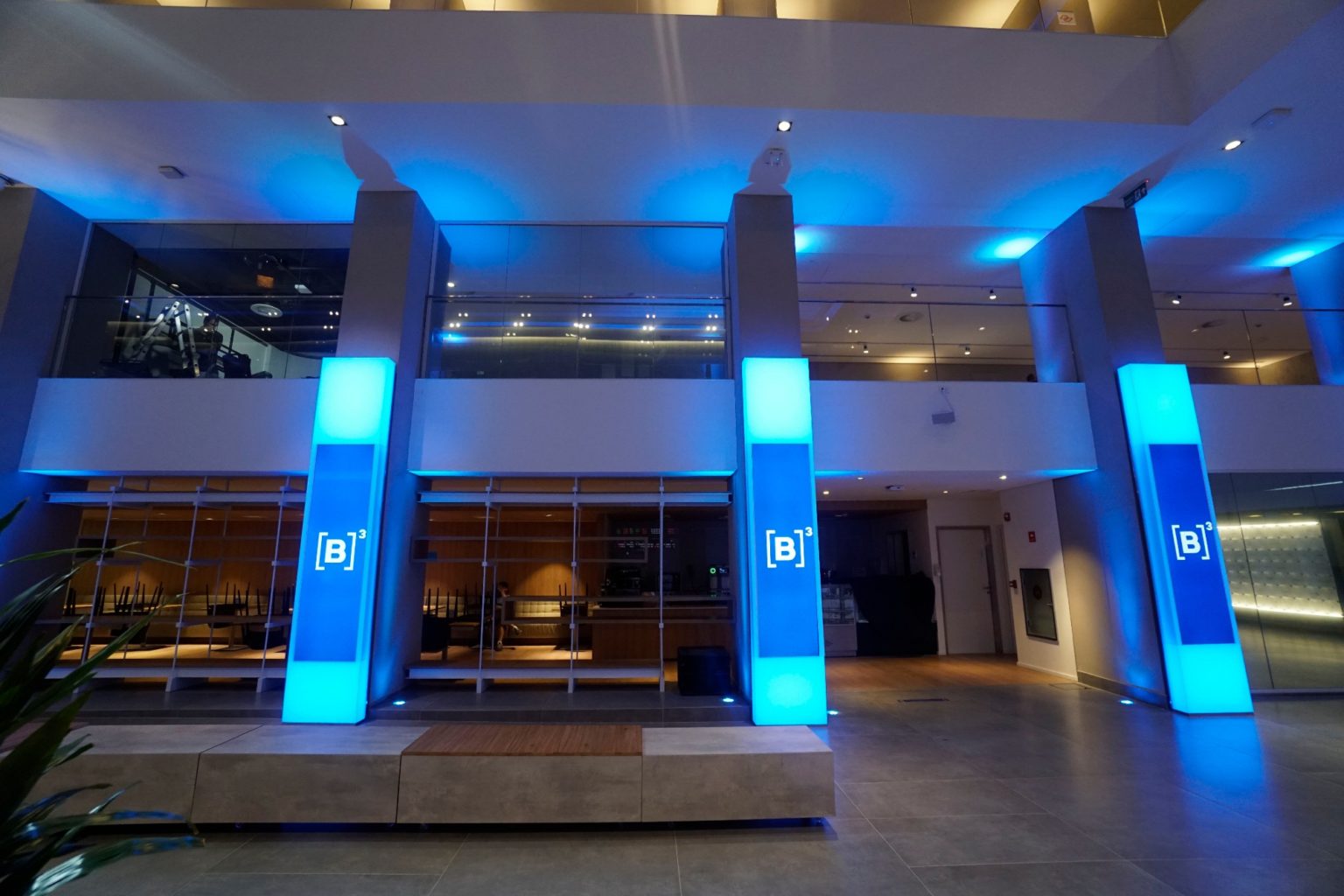RIO DE JANEIRO, BRAZIL – The Ibovespa fell on Thursday, September 2, after the Chamber of Deputies approved the income tax reform, which includes taxation of dividend distributions and the end of interest on equity (IoC), a form of profit distribution. Although the measure provides tax exemption for small companies, virtually all listed companies should be affected.
The downward movement occurred against international market gains and led the main B3 index IBOVESPA to a fall of 2.28% – the worst since May 12. Ibovespa ended the trading session at 116,667 points.
The House approved reducing the dividend tax rate from 20% to 15% on Thursday afternoon. The reduction, however, was not enough to improve the mood of investors.
“The market understands that this is an extremely populist reform, which complicates rather than simplifies the taxpayer’s life. If approved in the Senate as it is, there will be a direct impact on the reduction of potential growth expectations in Brazil”, evaluates Daniel Miraglia, chief economist at Integral Group.
Investors also reflected disappointment with industrial production data, which frustrated market expectations. Released today, the indicator pointed to a 1.3% contraction of the Brazilian industry in July. The expectation was around a fall of 0.5%. In the annual comparison, growth dropped from 12% in the previous month to 1.2%.
The disappointment with the industry data and the surprise with the approval of the tax reform come one day after the announcement that GDP for the second quarter was negative 0.1%.
The turmoil in the domestic market did not significantly affect the foreign exchange market. The U.S. dollar closed the day with a slight devaluation of 0.03%, negotiated at R$5.18.
Abroad, stock markets continued their positive movement, with the American indexes S&P 500 and Nasdaq reaching new records. The cause of optimism is the expectation that weaker data from the U.S. labor market will encourage the Federal Reserve (Fed, the U.S. central bank) to maintain its stimulus longer. On Thursday, weekly claims for unemployment insurance stood at 340,000. Although claims were 5,000 lower than expected, last week’s data was revised upward.
Now, the big expectation turns to payrolls, the official non-farm employment report, due this Friday (3). The day before, ADP data, known as the “payroll preview,” showed the creation of 374,000 jobs in August versus the consensus of 613,000 new jobs. For the payroll, 750,000 new jobs are expected.
HIGHLIGHTS
On the negative side of the Ibovespa, shares of the financial sector pull the index down after the approval of the tax reform. The big banks — whose shares have a large weight in the index — retreated en bloc. Santander (SANB11) fell 5.23%, Banco do Brasil (BBAS3) 4.14%, Itaú (ITUB4) 3.61% and Bradesco (BBDC4), 3.51%.
Among the biggest drops in variation are the shares of Cielo (CIEL3), Via (VIIA3, ex-Via Varejo), and Yduqs (YDUQ3), which fell 6.48%, 6.13%, and 5.86%, respectively. The shares of Eletrobras (ELET3/ELET6) fell 4.99% and 4.23%, in a correction movement after the previous day’s high.
On the positive side, Assaí shares (ASAI3) led the Ibovespa’s highs, rising 3%. The rise comes after the company announced the sale of two of the group’s five properties managed by real estate fund TRXF11. The operation involved R$134.6 million.


